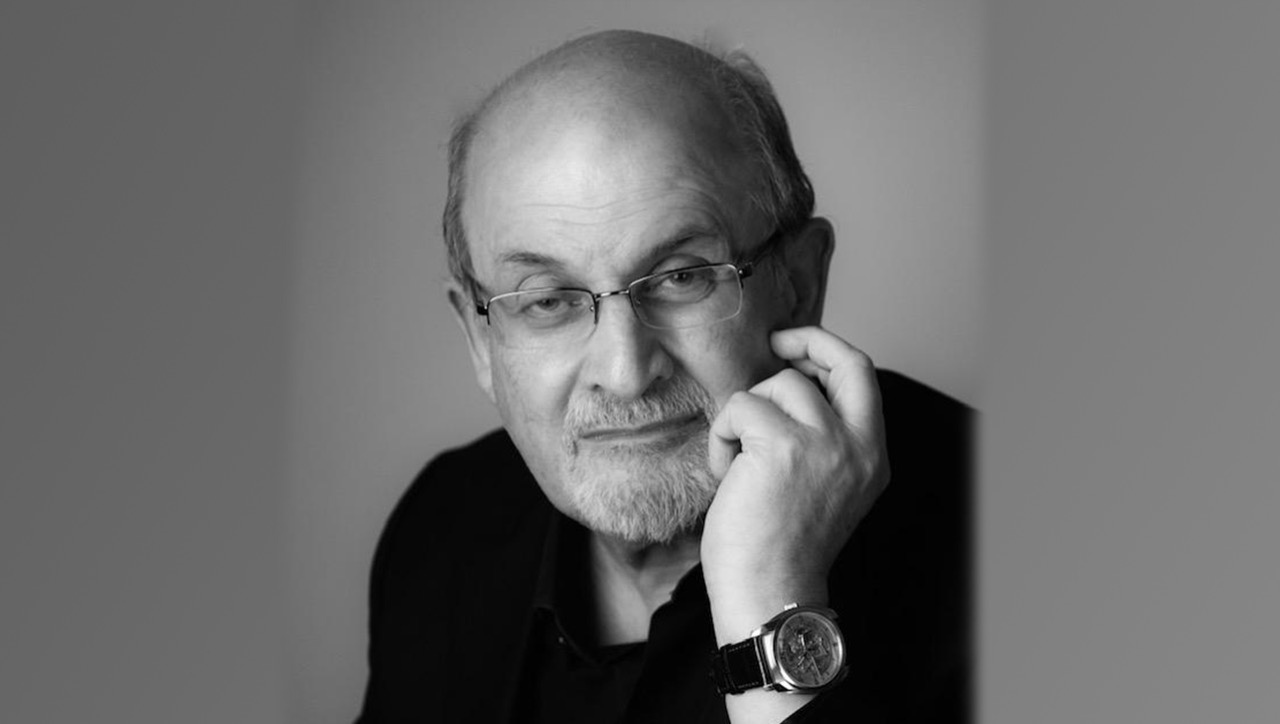The assassination attempt on Salman Rushdie in New York recently has brought to the fore an ugly reality. The advocators of free speech are not necessarily the defenders of it too. There is a huge dichotomy between the advocators and the defenders who actually stood up in defence of and showed solidarity with Salman Rushdie, who became a victim of violent intolerance. As the news of his assault came out, many of those advocators turned out to be mute spectators when it came to condemning the brutal assault.
The right to freedom of speech is a fundamental one according to the universal declaration of human rights under the United Nations Charter. But the debate around defending free speech advocators from violence and hatred is equally a fundamental yet complex one. As religious sensitivities trump any other logical emotions, it becomes an extremely difficult task to approach free speech with a free logical mind. Human nature, or say behaviour, is such that it asserts itself when it comes to speaking but relinquishes itself from listening to what it abhors.
In India, it’s especially true when it comes to some of those who portray themselves as champion advocators of free speech and human rights because they have time and again failed to defend the people who have practised the same, though contrary to their views and political ideology. Thus, free speech has itself become a source of contention as its founding principle, “freedom of expression”, has often been called into question.
The reason behind this, unfortunately, is that free speech and freedom of expression have been beseeched by political correctness and selective morality. On top of that, its preachers in India indulge mostly in whataboutery and appeasement of a particular political constituency. That has made it extremely difficult to sustain a balanced debate on sensitive issues among the people, which is essential for the overall health and growth of a nation. What it has turned into is a slinging match, resulting in mass polarisation and intolerance.
In 1984, Salman Rushdie, while criticising George Orwell for advocating political quietism to writers, asserted that “we are all irradiated by history, we are radioactive with history and politics.” He added: “Politics and literature… do mix, are inextricably mixed, and that… mixture has consequences.”
This unimpeachable truth brings to the fore the reality of how the web of intolerance has been spun right under the ambit of free speech. Both the left and the right have entangled themselves in this slugfest. Hate speech has become the sole means of free expression, and the ensuing intolerant backlash has been selectively used to claim victimhood.
The left has been hobnobbing with this kind of narrative for a long and since the BJP came into power in India, it has extensively used it as a strategy for further polarisation of the minorities. On one hand, India is increasingly being accused of becoming a fascist nation where free speech and minority rights are being scuttled, while on the other hand, majoritarian religious intolerance has been growing.
Behind this narrative building are a bunch of activists, journalists and social media advocators who have percolated half-truths and peddled a one-sided narrative of victimhood. They leave no opportunity unturned to operate under the shades of grey and paint the canvas black. They have invoked free speech arguments umpteen times to further their cause. They have extensively used social media, literature and national as well as international publications to touch the raw nerves of the common masses, using them as bait and filling their own coffers by conning the very sentiment of that raw nerve and peddling a one-sided narrative. Yet they have gotten away largely by depicting themselves as doves and painting the others as snakes.
So it is indeed no surprise that when Salman Rushdie was assaulted, most of these free speech advocators in India just looked the other way. From hurriedly deleting tweets after backlash from their own followers, whom they have cultivated to be equally intolerant, to maintaining complete silence, these free speech advocators turned out to be no different than the real intolerant lot who fundamentally have no belief in free speech but invoke it to spread hatred and discontent.
While today’s Rana’s, Arifa’s, Kunal’s, Zubair’s and their likes continue this mock game of free speech and spread intolerance and discontent, others need to rise up and build a public space where disagreement does not automatically paint someone as an enemy. Modern communication tools make it all too easy to attack when we should be engaging and to shout when we should be listening. Rigorous, respectful debate is not a barrier to change, but a bridge towards a better change as it makes our ideas stronger and its impact more lasting. In essence, free speech should not only be something we rely on, but it should also be part of what we fight for and defend.
Raja Muneeb is a freelance columnist
Disclaimer: Views expressed above are the author’s own









